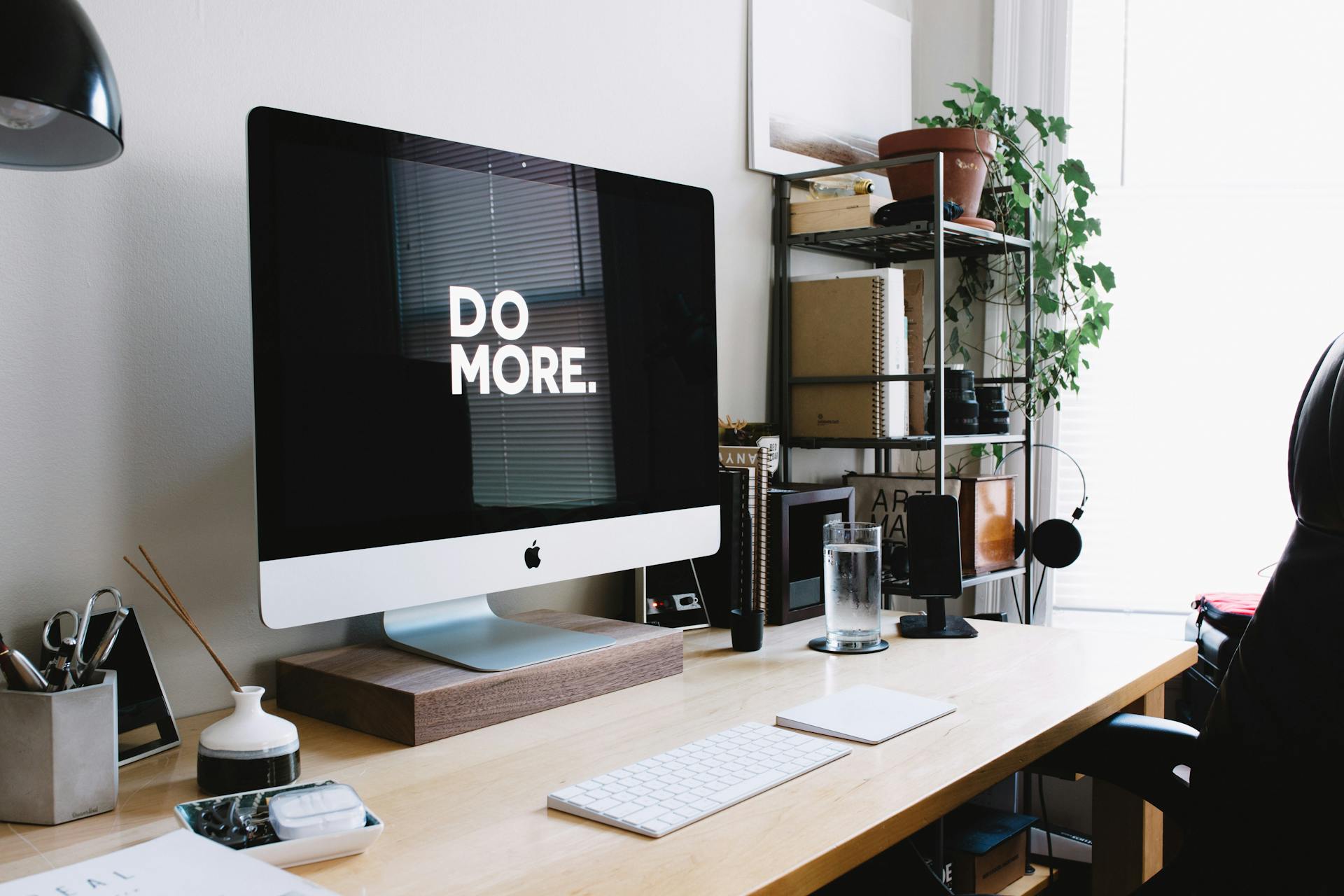 Photo by Carl Heyerdahl on Unsplash
Photo by Carl Heyerdahl on Unsplash
We live in a world where we make life decisions based on our careers. What we learn, where we live, and what we do with more than half our day is all dependent on our jobs. Without realizing it, we think we're making life decisions, but really they're career decisions. It doesn't just stop there: how successful we are in our careers can translate to how successful our life feels. The highs and lows of work seep into our personal lives and influence us in many ways.
Now, I'm not saying that work is bad or that you shouldn't focus on your career. I think having a career is a very important aspect of life that everyone should take pride in. The keyword here is aspect; it's just one part of life and definitely not the most important one. In fact, I don't think there is any aspect of life that can be considered most important. I believe that life is best when important aspects are balanced.
But why?
Where does this thought come from? Well, I used to be addicted to working. Since high school, I loved to tinker with technology, especially software. Whenever I had free time, I would work on a small project from a long list of ideas that I had come up with. This passion eventually led me to a career in software engineering. The downside to doing what you love as your job is that you don't want to stop. I found myself constantly working past 5 trying to solve a bug or work on a new project that I was excited about. Initially, I thought nothing of it. What's the downside if I enjoyed doing it and would be writing code for some other project anyways?
The real downside was something known as burnout. Day by day, life became repetitive and I was stuck in a loop. I'd wake up, go to my den, work until the end of the day, spend a few more hours on some side project, play video games for a little bit, and then go to sleep. On the weekends, I would go out with my friends, spend time with my family, and sometimes voluntarily work if I had time. Then, months later, I reflected and realized that I hadn't done anything memorable. I let time pass so quickly, and I felt like I had nothing to show for it.
I couldn't give my future self the opportunity to regret this in any way, so I decided it was time for a change. Over the next few months, I took 17 flights and flew over 30,000 km, spending just over 2 months abroad. Being fortunate to work remotely, this was the perfect opportunity to achieve a work-life balance. I got my work done during the day, which left me with evenings and weekends to go out and experience a new side of the world.
📬 Interested in reading about how my trip went? Check out my post about it!
What I ended up finding was a hobby that made me happy, and something that I could do on my own. This was something that I enjoyed more than my projects or work, so I was more than happy to give up some of that time for this. Travelling gave me something to look forward to and brought back the joy because I was able to achieve more of a balance between my personal and work life.
I know that I won't be able to travel for months at a time for the rest of my life, so I'm trying to take advantage of this opportunity while I can. All I know for certain is that I hope to replace travelling with another similarly meaningful hobby so that I can retain a work-life balance.
Takeaway
When you're in this cycle, all hope feels lost. It's hard to find some direction or the courage to break out of this cycle. There will always be things trying to convince you to stay. The voice in your head will always give you reasons to scare you about the potential consequences. But none of that matters. All you really need to do is take 1 step, in any direction. If it isn't the right direction, you're only 1 step from where you started.
There's no way to plan for the future, and certainly no guarantee about what opportunity you may have or where life may take you. If you can't practically do what you want, find the next best thing and make it happen. Don't try to wait for the perfect time, because it'll never come.